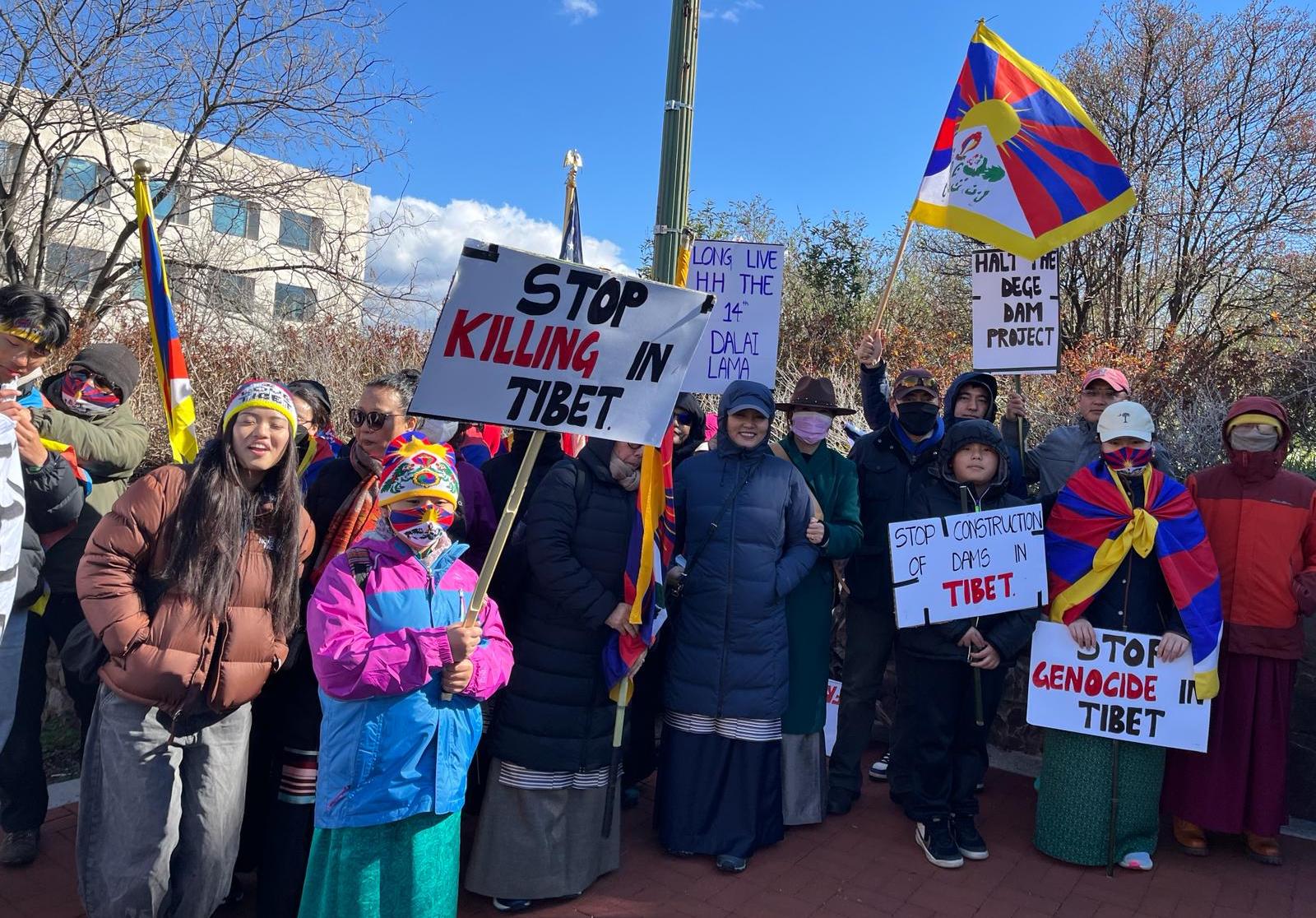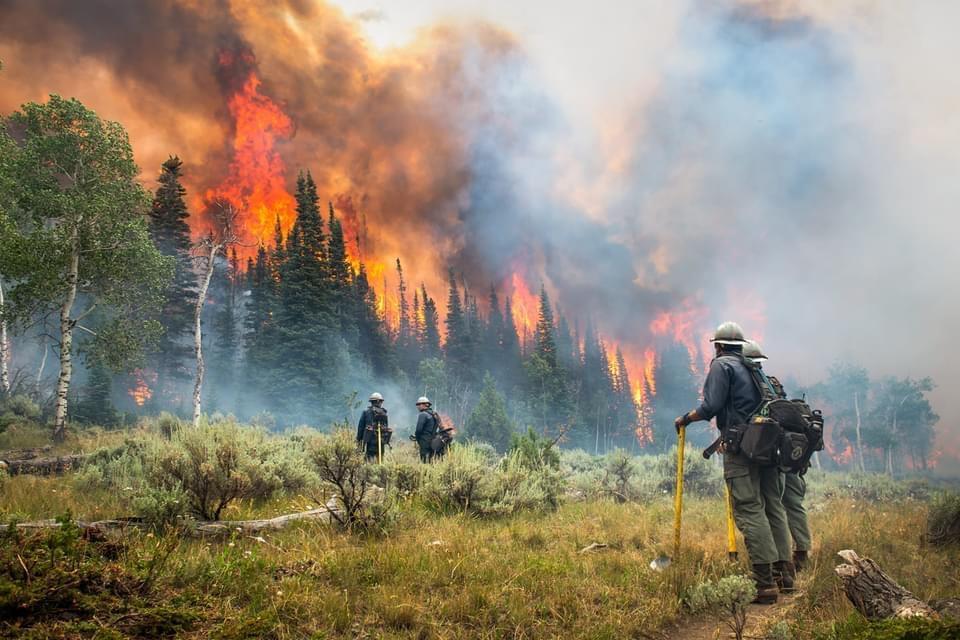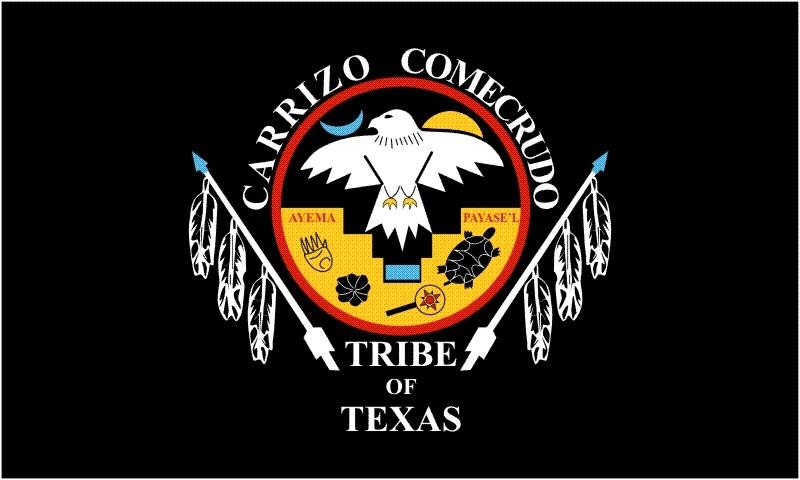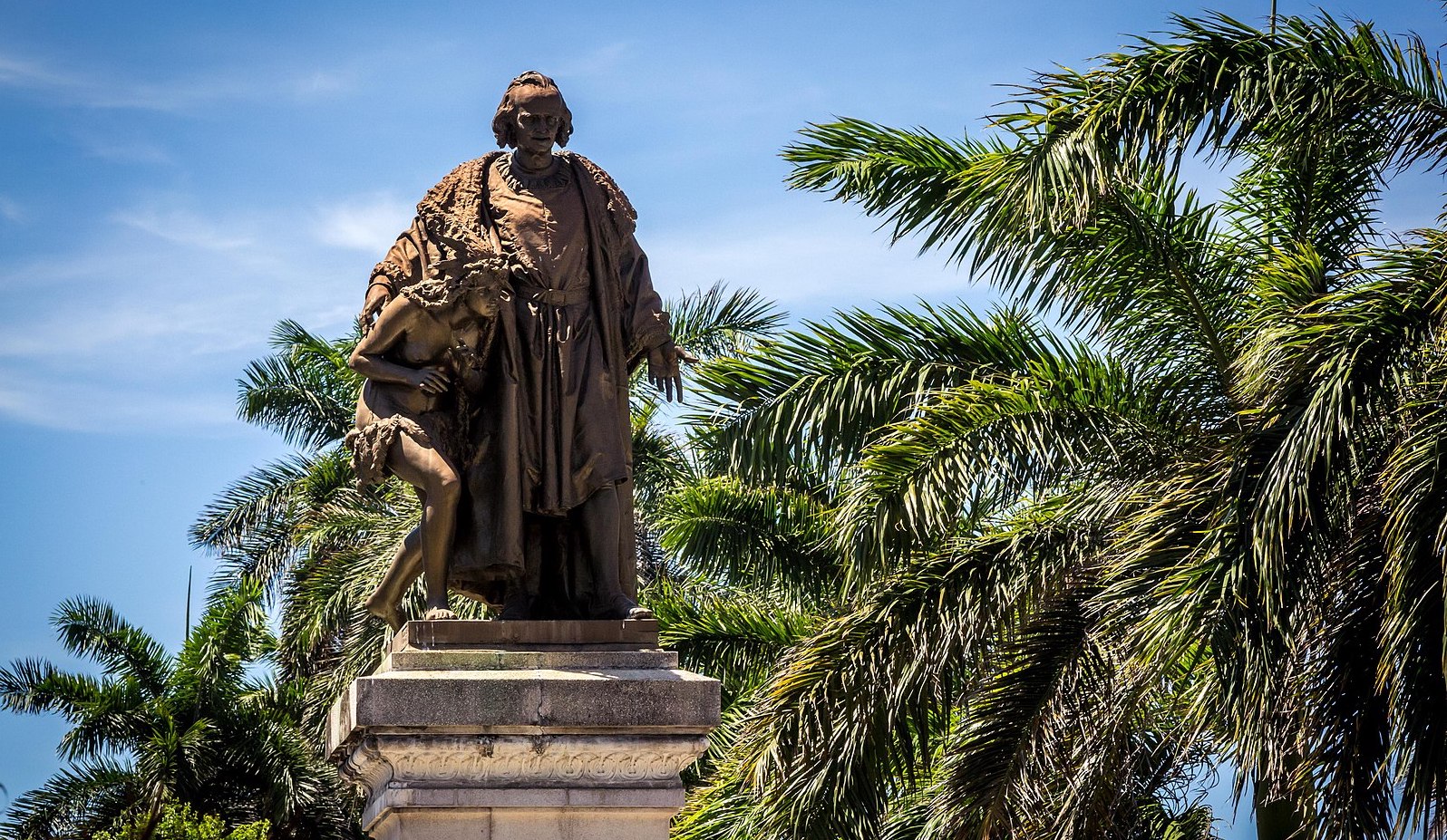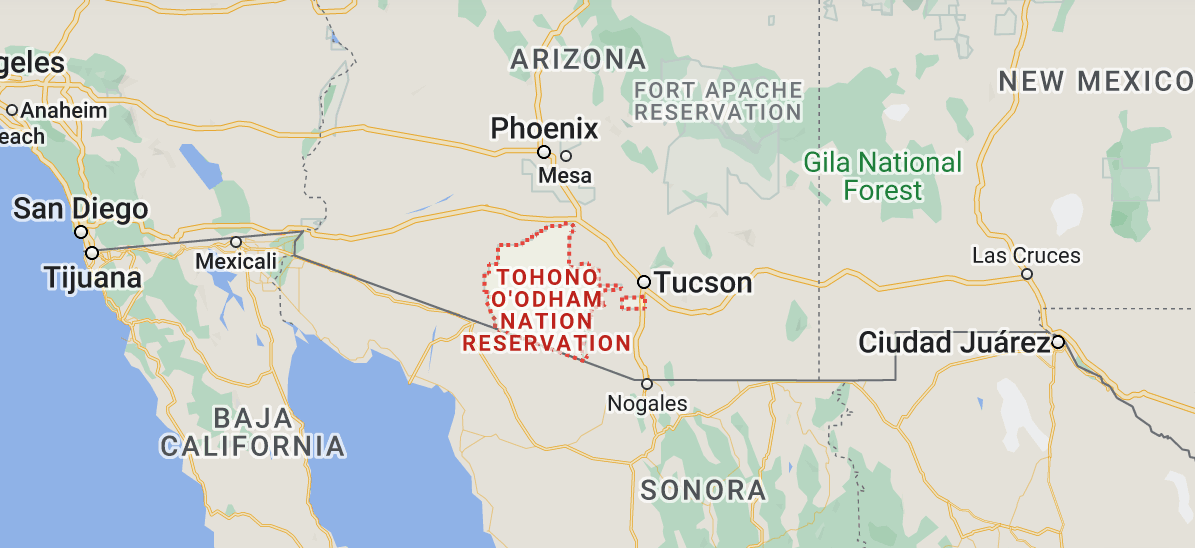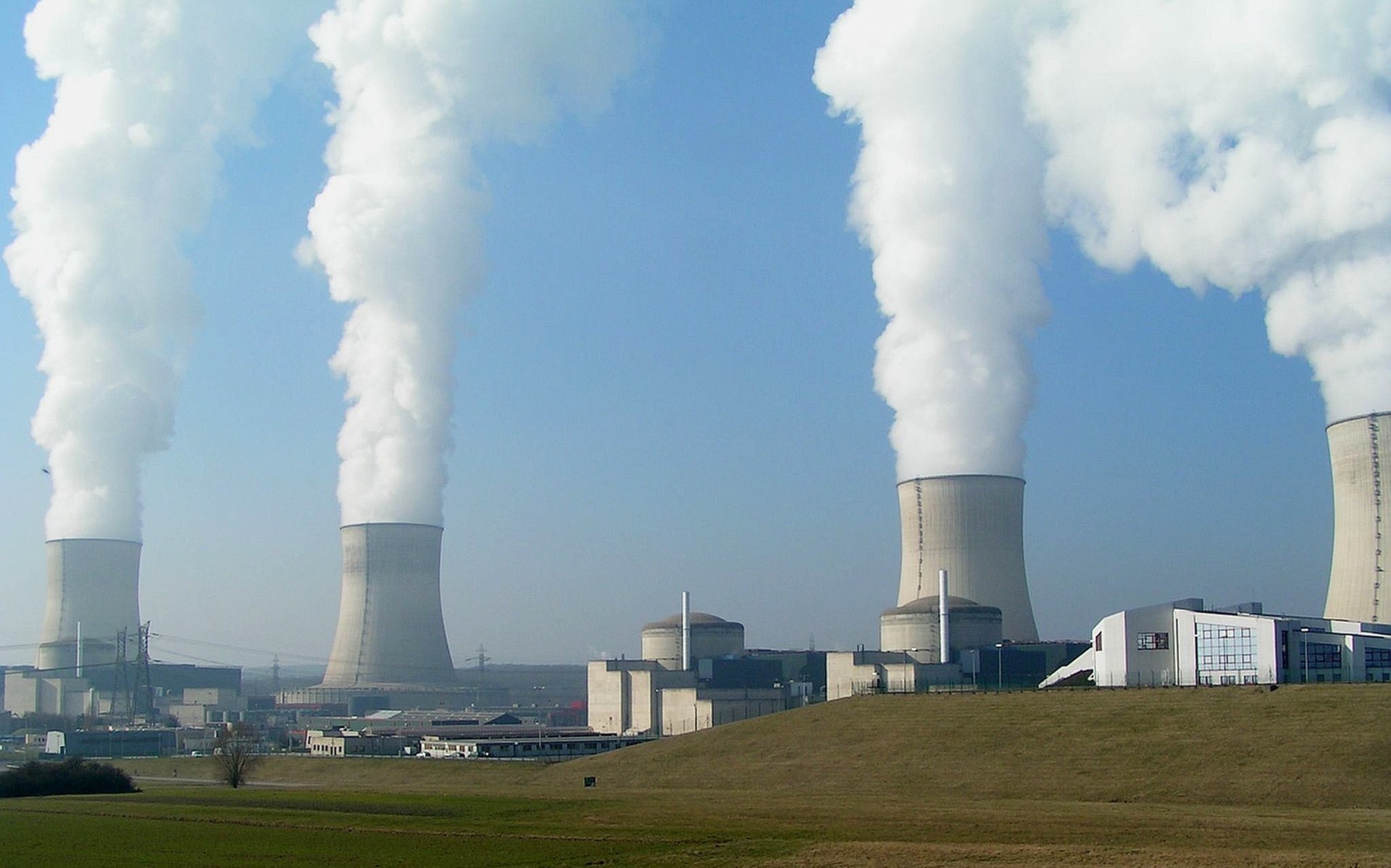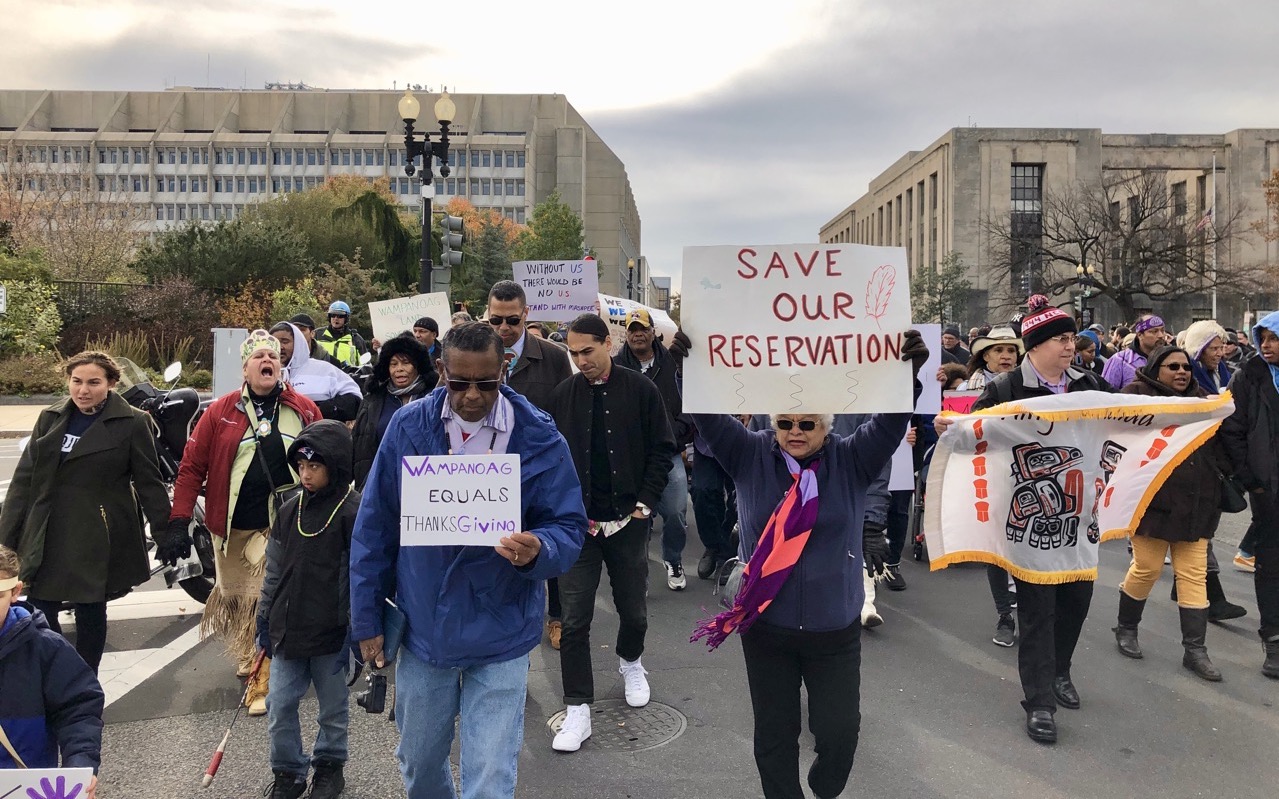
Podcast: Tim Walz and the struggle in Minnesota
In Episode 238 of the CounterVortex podcast, Bill Weinberg takes stock of the Democratic ticket’s new vice presidential candidate Tim Walz and the role he played as Minnesota governor in two of the major activist struggles in the North Star State over the past years—the 2020 Black Lives Matter uprising, which began in Minneapolis; and the fight against Line 3, which delivers Canadian shale oil to US markets, and imperils the ancestral lands of the Anishinaabe indigenous people. Listen on SoundCloud or via Patreon. (Photo: Stop Line 3)



